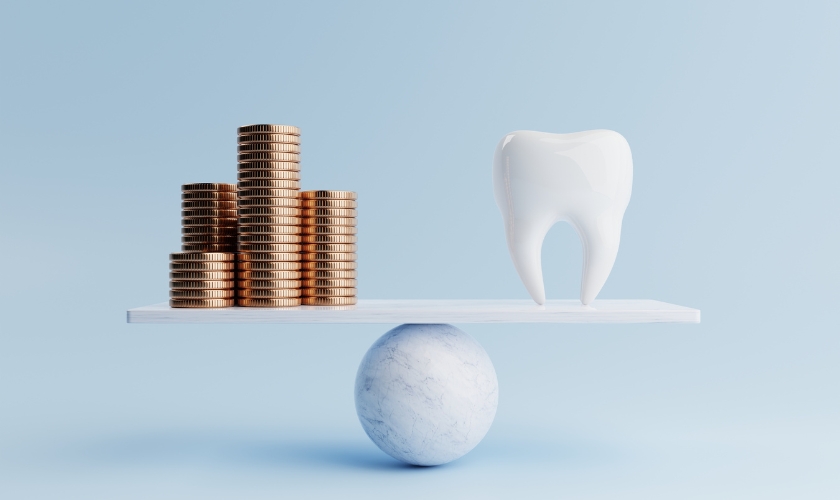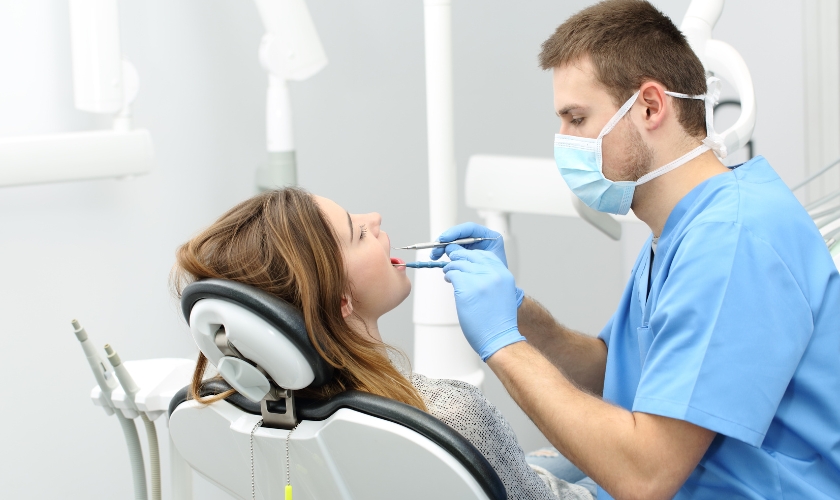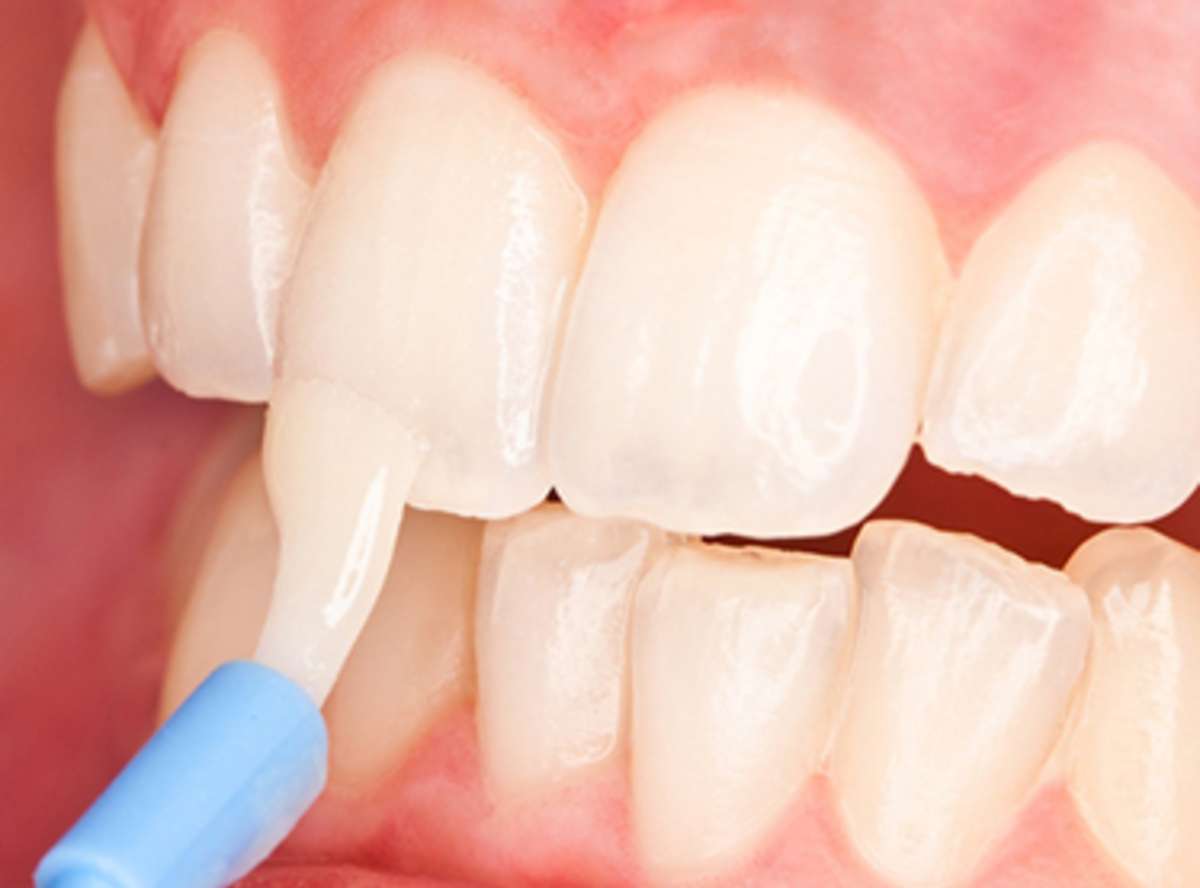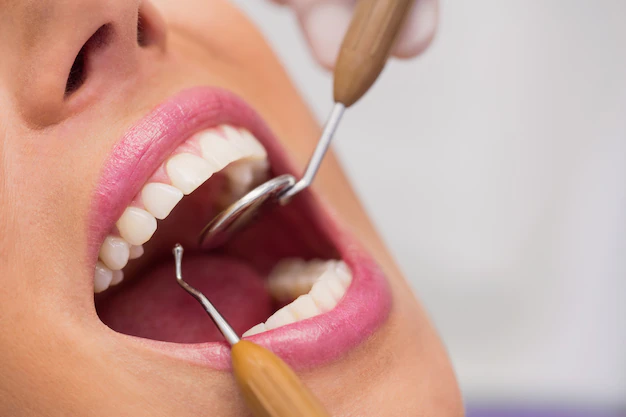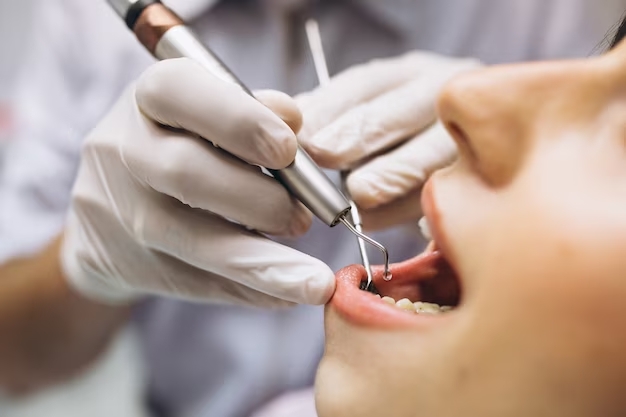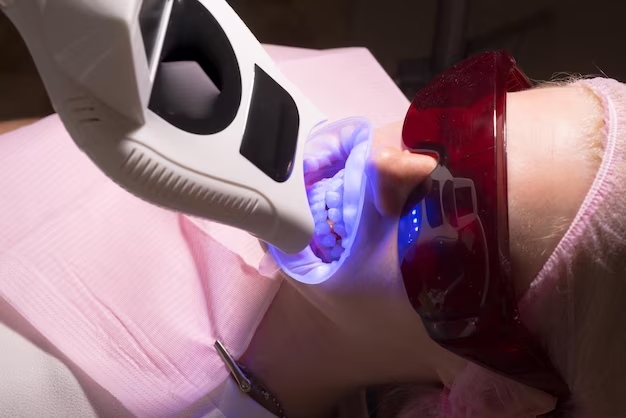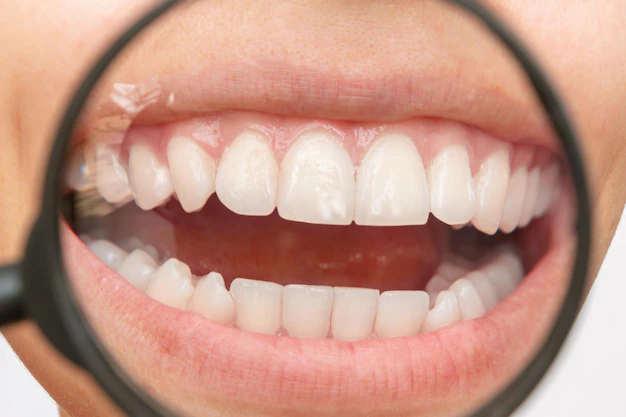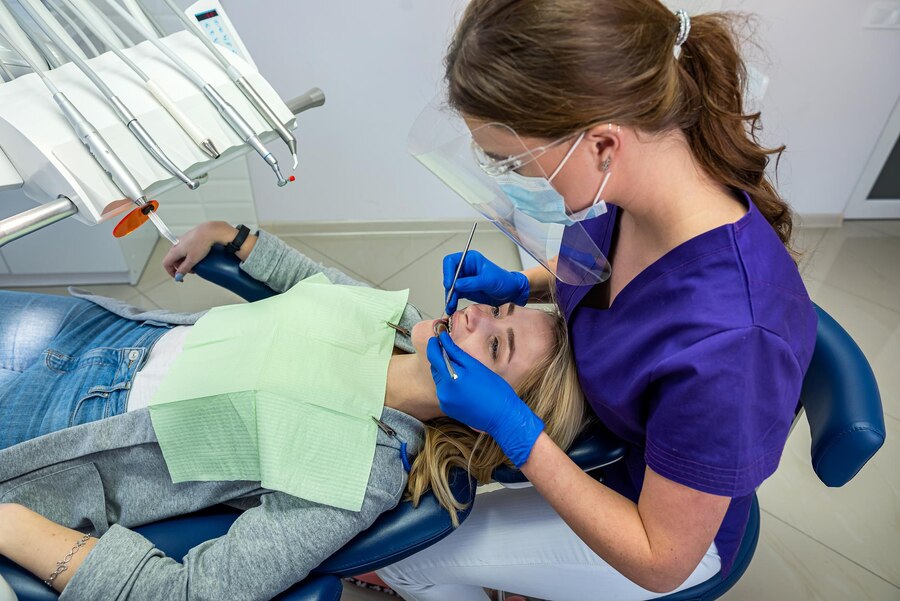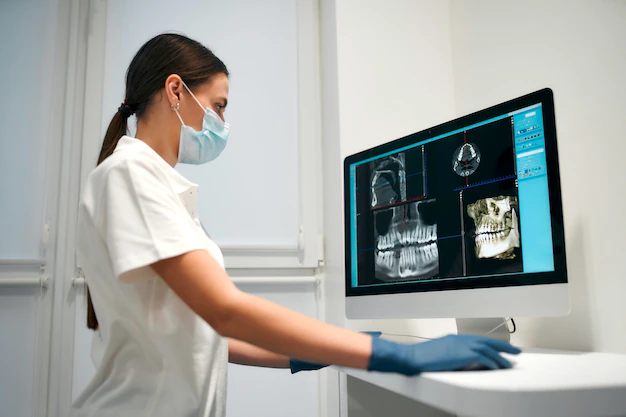Are you considering replacing missing teeth? Both dental implants and same-day smile solutions in Berwyn, IL, offer a path to a complete smile, but they have distinct advantages and disadvantages. This comprehensive guide will help you navigate your options.
Dental Implants vs. Same-Day Smiles in Berwyn, IL: Understanding the Difference
Dental Implants:
These are tiny titanium posts surgically placed in your jawbone to act as artificial tooth roots. Over time, a process called osseointegration occurs, where the implant fuses with the jawbone. This creates a strong foundation for a crown, bridge, or denture that functions just like natural teeth. Implantology, the specialized field of dentistry focused on dental implants, requires extensive training and expertise to ensure the success of implant placement and restoration. Dentists who perform implant surgery undergo rigorous training in oral surgery, prosthodontics, and biomechanics to understand the intricacies of jawbone anatomy, implant positioning, and restoration techniques.
Same-Day Smile Solutions:
Same-day teeth replacement encompasses various techniques for placing teeth (crowns, bridges, or dentures) on implants on the same day as surgery. While faster, it may only be suitable for some. The techniques often involve strategically placing fewer implants than the traditional method and using specialized attachments to secure the teeth. This can put more stress on the implants, and the long-term success rates are still being evaluated. Additionally, there may be better solutions than same-day solutions for patients with underlying health conditions or those who require complex bone grafting procedures.
The Benefits of Implants: A Long-Term Solution
- Durability & Stability: Dental implants are the gold standard for tooth replacement, offering unmatched durability and stability. With proper care, they can last a lifetime.
- Improved Function: Implants function just like natural teeth, allowing you to eat, speak, and smile with confidence.
- Preserves Jawbone Health: Implants stimulate the jawbone, preventing bone loss that occurs with missing teeth.
- Natural-Looking Results: Dental implants provide a natural-looking and aesthetically pleasing smile.
Same-Day Smile Solutions: Fast Results, But Are They for Everyone?
- Faster Treatment Time: The biggest advantage is the ability to walk out with a new smile in a single day. This can be appealing to those who want a quicker solution.
- Reduced Number of Appointments: Fewer dental visits compared to traditional implants.
However, same-day solutions may not be ideal for everyone:
- Bone Quality: Requires sufficient jawbone density for implant placement. Bone grafting may be needed for some individuals.
- Higher Risk: Studies suggest a slightly higher risk of implant failure compared to traditional methods.
- Limited Applications: This may only be suitable for some cases of missing teeth or complex dental situations.
Success Rates & Longevity: Traditional Implants vs. Same-Day Options in Berwyn, IL
- Traditional Implants: Boast very high success rates, typically exceeding 95%. With proper care, they can last a lifetime.
- Same-Day Implants: Success rates are comparable to traditional implants, but some studies suggest a slightly higher chance of failure. Long-term data on same-day solutions is still evolving.
Cost Comparison: Unveiling the Financial Investment
- Traditional Implants: These are generally more expensive in Berwyn, IL, due to the multi-stage process. However, their durability and long lifespan make them a cost-effective option in the long run.
- Same-Day Solutions: This may seem more affordable initially, but consider factors like potential bone grafting needs and the possibility of needing implant replacement sooner.
Dental Implants vs. Same-Day Smiles: Factors to Consider Before Choosing the Right Option for Berwyn Residents
- Overall Health: Certain medical conditions may affect candidacy for either option.
- Jawbone Health: Bone density plays a crucial role in implant success.
- Desired Timeline: If speed is a priority, same-day solutions might be appealing.
- Budget: Consider the upfront and potential long-term costs.
- Dental Professional’s Expertise: Choose a dentist experienced in implantology for optimal results.
Caring for Your New Smile: Maintenance for Both Solutions
Regardless of your choice, proper oral hygiene is essential for the long-term success of your dental implants in Berwyn IL, and of course, for overall dental health. This includes brushing twice daily, flossing regularly, and attending regular dental checkups and cleanings.
Choosing the right option depends on your individual needs and preferences. Consult with a qualified Berwyn dentist to discuss your dental history, goals and explore which solution best suits your situation. They can provide a personalized treatment plan and answer any questions you may have.

